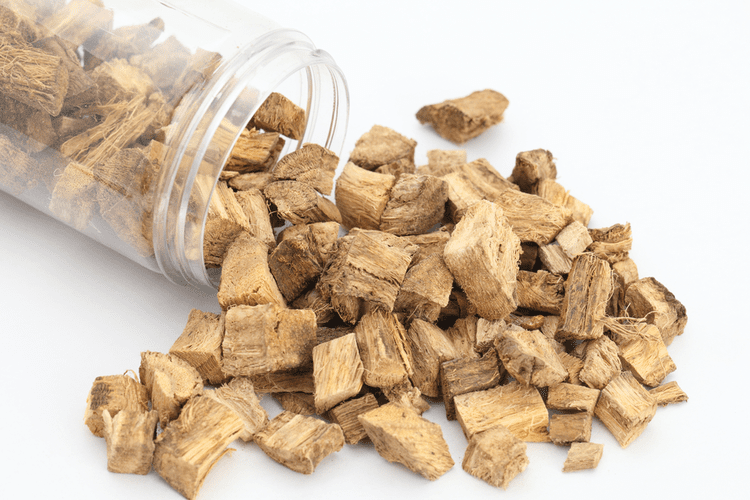The Relationship Between Alcohol Use and Narcissistic Personality Disorder
Content
- Narcissists and Alcohol Addiction
- Pathological narcissism and maladaptive self-regulatory behaviours in a nationally representative sample of Canadian men
- Best Antisocial Personality Disorder Treatment Strategies 2023
- Grandiose and Vulnerable Narcissism: Associations with Alcohol Use, Alcohol Problems and Problem Recognition
- Being a Narcissist When Drunk
- What is Narcissistic Personality Disorder (NPD)?
That would feel like weakness, which is anathema to narcissists, sullying the image they desperately seek to cultivate. Doing so would risk encountering the deep shame and emptiness they carry. From a narcissist’s point of view, he or she has no problems and can do no wrong. Bragging and a damn-the-consequences-swagger are essential parts of many narcissists personae.
They include an extensive range of disorders that affect your behavior, thinking, and mood. AUD is recognized as a disorder that causes both physical and psychological symptoms. The psychological symptoms are serious enough to classify alcohol addiction as a mental illness. In addition, narcissism and alcoholism vulnerable narcissism is also a risk factor for alcohol-related problems in the future. Vulnerable alcoholic narcissists are usually trying to hide an underlying shame and use alcohol to cope. Unlike grandiose narcissists, they are likely to admit that they have a problem with alcohol.
Narcissists and Alcohol Addiction
They can get irritated or frustrated if they do not have alcohol at their disposal. They depend on alcohol to have a good time and do not think they can enjoy company or life without it. Alcoholism can exacerbate the symptoms of narcissism and make them more pronounced, leading to impulsive behavior, difficulty expressing emotions, and an inability to take responsibility for one’s actions. At some point, a person with alcoholism may realize they need to change.
Alcoholics will say they can stop drinking anytime they want. They will also deny when they had a drink or that their drinking has unhealthy consequences. Additionally, many alcoholics will lie about how many drinks they had or when they had their last drink. Evans E, Grella C, Washington D, Upchurch D. Gender and race/ethnic differences in the persistence of alcohol, drug, and poly-substance use disorders. Vulnerable narcissism was a significant predictor of problem recognition.
Pathological narcissism and maladaptive self-regulatory behaviours in a nationally representative sample of Canadian men
Alcohol use is a favorite pastime among many college students. If your spouse has co-occurring alcoholism and narcissistic personality disorder, it is important to take care of your own mental health. Exercising, following a nutritious diet, and making time for enjoyable activities are all small measures https://ecosoberhouse.com/ of self-care that can help. Remind yourself not to take your spouse’s behavior personally, and set clear boundaries around what behavior you will and will not tolerate. Your spouse may try to manipulate you into giving them things they want, and they will likely not see how their drinking affects you.


Someone with narcissistic personality disorder has an inflated ego. Narcissism is a personality disorder that may cause individuals to portray self-involved behaviors. Alcoholism is an addiction where the individual cannot control their alcohol use. In a nutshell, grandiose narcissists may feel proud of their excessive alcohol use, and the problems it can cause, if it makes them stand out. They are more likely to insist that their behavior is fine. Meanwhile, vulnerable narcissists deal with inner shame that can make them more likely to develop alcohol abuse problems later on as a way to cope.
Best Antisocial Personality Disorder Treatment Strategies 2023
Overall, the results of this study demonstrate the difference between the two types of narcissism and how they relate to alcohol outcomes in a college sample. Grandiose narcissism is a personality factor contributing to the likelihood of alcohol consumption and a good evaluation of alcohol problems. Vulnerable narcissism, on the other hand, emerged as a risk factor for alcohol-related problems. Vulnerable narcissism also contributes to people’s expectation and recognition of alcohol problems.
However, your spouse’s behavior is unlikely to change without professional treatment. For more information about co-occurring disorders such as narcissistic personality disorder and alcoholism,call to speak toone of the understanding staff members at The Recovery Village Drug and Alcohol Rehab. When two disorders are occurring, it is always vital to obtaintreatment for both disorders at the same time.
Grandiose and Vulnerable Narcissism: Associations with Alcohol Use, Alcohol Problems and Problem Recognition
For example, perhaps types of drinking motives (e.g., conformity or coping) differentially mediate the relationship between narcissism subtypes and alcohol outcomes. Moderators such as positive or negative affect or reward sensitivity might affect the strength of the associations found in this study. In addition, future research could include more ethnically diverse samples to determine if the associations found here differ for students of diverse racial and ethnic backgrounds. If your spouse lives with an alcohol use disorder, they are at risk of having a co-occurring mental health condition. If your spouse has narcissistic personality disorder, it can be even more difficult to cope with the behavioral side effects of alcohol addiction. For individuals with narcissists in their personal life, this can be extremely difficult and emotionally draining.
How do you tell the difference between a narcissist and an alcoholic?
Narcissists are defined by entitlement. Lacking empathy and feeling superior, they give themselves full permission to do whatever the want despite the rules or costs to others. Alcoholics sacred entitlement is drinking. They may lose everything and everyone in their lives before they will give up alcohol.
